
The complexity of modern life means distractions are inevitable. Sometimes, these distractions manifest as adding the wrong fuel to your vehicle. While alarming, it’s a manageable error with the right steps. Based on our vast experience in handling wrong fuel incidents, here’s an expert guide for a smooth recovery.
1. Engine Ignition: The First Crucial Decision
At the discovery of a misfuelling mistake, avoid starting your vehicle. The bulk of potential damage occurs once the wrong fuel starts circulating. Keeping the contaminant confined within the tank should be your priority.
Implications of Wrong Fuel Types
Different engines cater to specific fuel needs. Diesel systems rely on the lubrication the fuel offers. Introducing petrol can disrupt this, risking internal friction. Conversely, diesel in a petrol system can interfere with proper combustion, posing distinct challenges.
2. Engage with Fuel Station Personnel
Always apprise station staff about the misfuelling. Their on-ground experience often means they’re equipped with initial advice and can also suggest trusted wrong fuel recovery services.
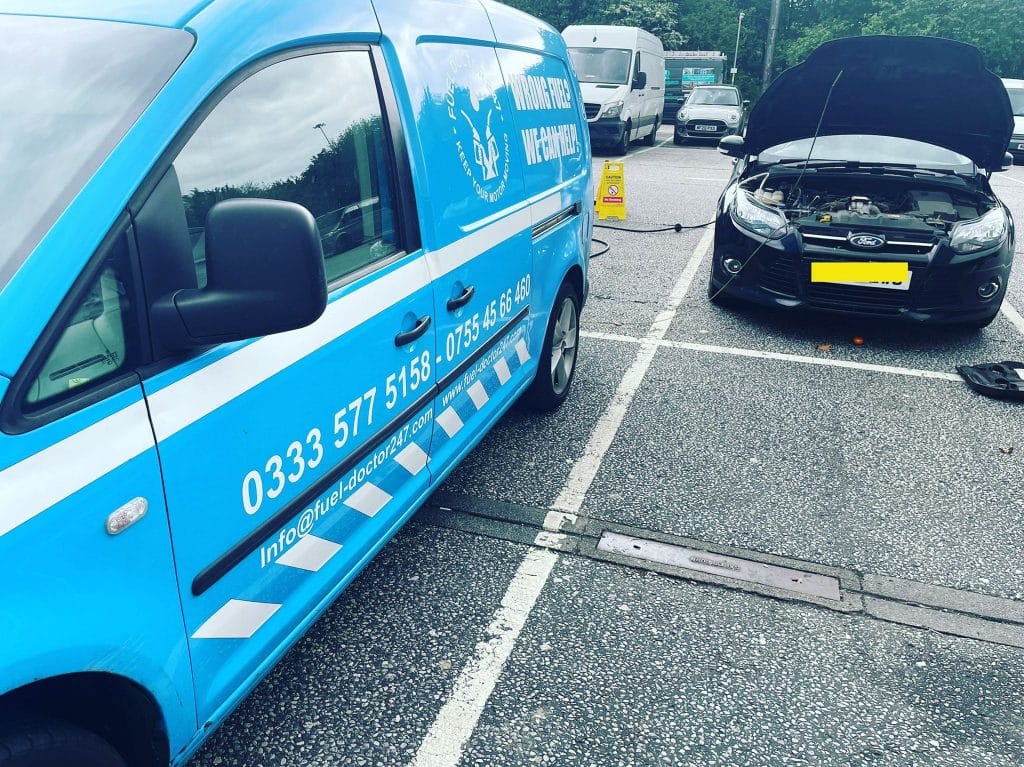
3. Professional Wrong Fuel Recovery: A Must
Misfuelling isn’t the time for DIY. Engaging professionals who specialize in wrong fuel removal ensures the contaminant is safely and thoroughly extracted, safeguarding your vehicle’s intricate systems.
4. Insurance Coverage for Wrong Fuel Incidents
Review your insurance policy in the context of wrong fuel errors. They can shed light on any coverage specific to misfuelling and might offer guidance on partnering service providers for expedited assistance.
5. Comprehensive Fuel System Detox
Post the wrong fuel extraction, it’s paramount to treat your vehicle to a complete fuel system flush. This eliminates residual traces, ensuring your engine’s health.
6. Proper Refuelling: Back on Track
After addressing the misfuelling hiccup, restore your vehicle with the appropriate fuel. This step finalizes the recovery and primes your vehicle for optimal performance.
Conclusion
Navigating a wrong fuel scenario requires a blend of swift judgment and expert intervention. By adhering to this guide, anchored in our seasoned experience, you’re well-equipped to manage such situations. Should you prefer a professional touch, our team stands ready for support. As always, remember to double-check during refuelling—a small pause can prevent notable inconvenience.
Frequently Asked Questions
Q. What happens if I put the wrong fuel in my car?
When you put the wrong fuel in your car, it can lead to a variety of engine problems, depending on the fuel type mismatch. It’s essential to avoid starting the vehicle and seek professional assistance for a fuel drain.
Q. Which is worse, putting petrol into a diesel engine or vice versa?
Putting petrol into a diesel engine is generally considered worse than the other way around. Petrol acts as a solvent in diesel engines, which can lead to reduced lubrication and potential damage to the fuel pump and other components.
Q. What happens if diesel is used in a petrol engine?
Using diesel in a petrol engine can lead to problems such as misfiring, reduced power, excessive smoking, and potential engine damage. Diesel is denser and doesn’t ignite as easily as petrol, which can disrupt the combustion process in petrol engines.
Q. What happens if I put 4 litres of petrol in a diesel engine?
Introducing as little as 4 litres of petrol into a diesel engine can compromise the lubrication, potentially causing damage to the fuel pump and injectors. It’s advised not to start the vehicle and to drain the contaminated fuel immediately.
Q. Can bad fuel ruin an engine?
Yes, bad fuel can harm an engine. Contaminated or adulterated fuel can lead to performance issues, reduced efficiency, and, over time, significant engine damage if not addressed.
Q. Can bad fuel cause engine damage?
Absolutely. Using poor-quality or contaminated fuel can lead to a myriad of engine issues, including knocking, reduced performance, clogging of fuel injectors, and more severe damage in prolonged cases. Always ensure you source your fuel from reputable stations and address any suspected fuel issues promptly.
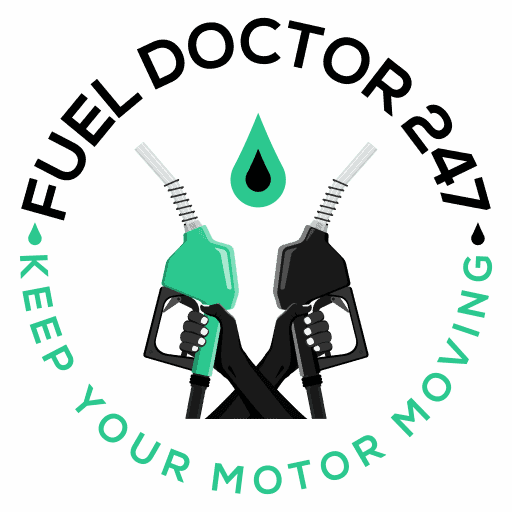

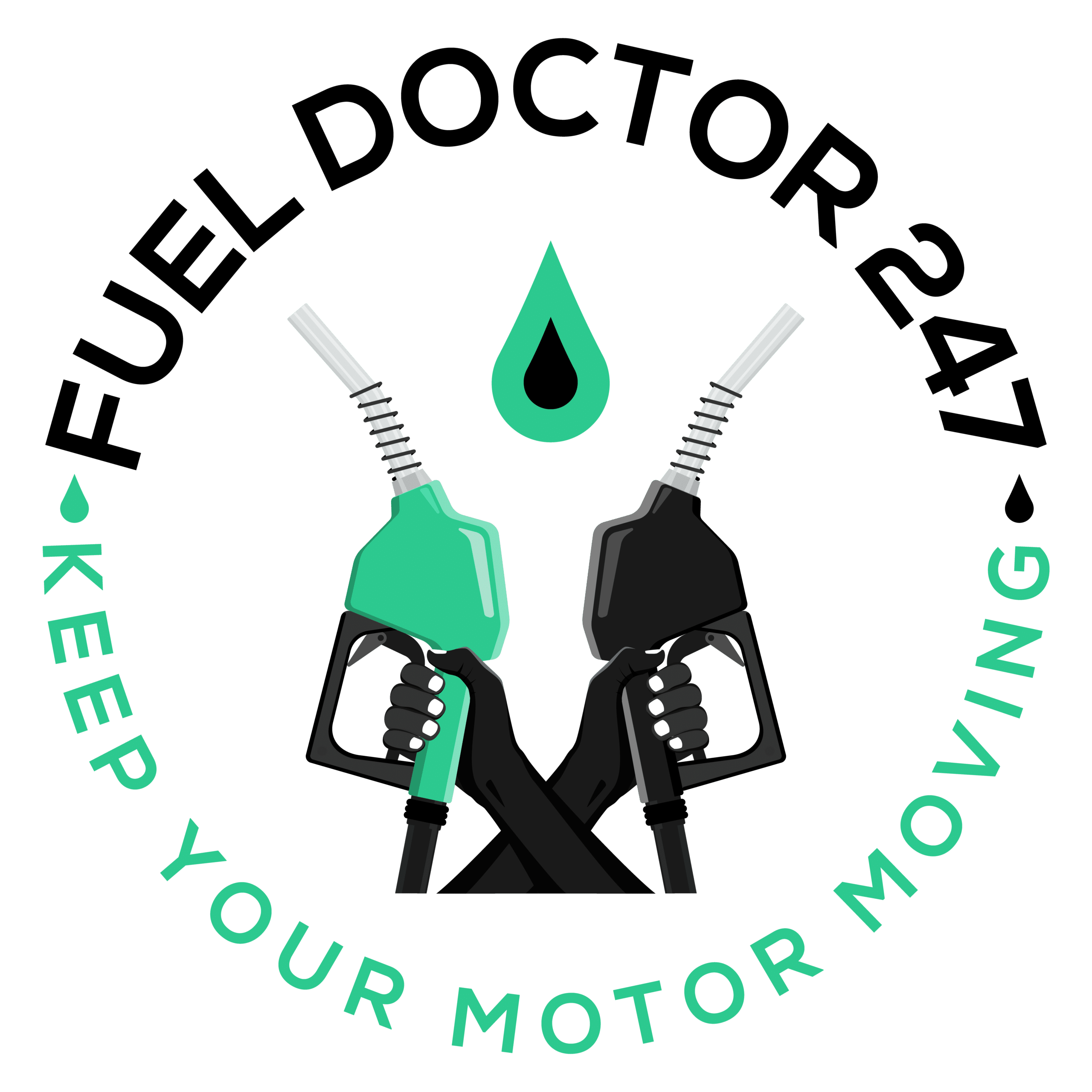

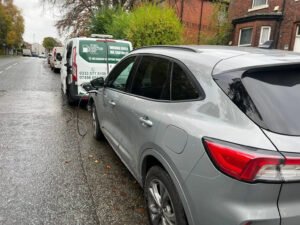
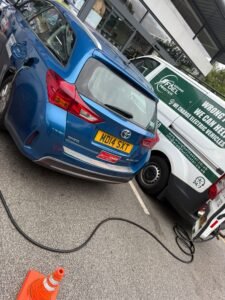
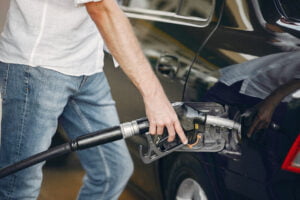
No comment yet, add your voice below!